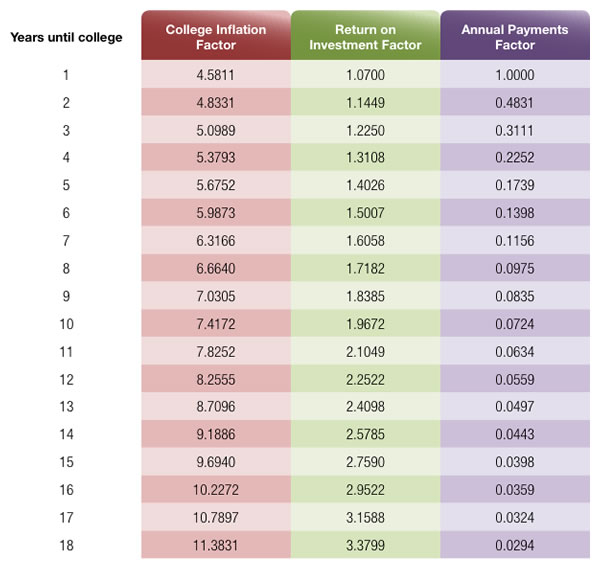Healthcare Provider Update: Healthcare Provider for TransUnion TransUnion utilizes various healthcare providers for its employee health benefits, but specific details about the primary provider may vary by state and plan. Typically, large corporations like TransUnion partner with recognized insurance carriers to offer comprehensive health coverage, which often includes options from major players in the industry. Potential Healthcare Cost Increases in 2026 As we look ahead to 2026, healthcare costs are expected to rise significantly, creating challenges for both employers and employees at TransUnion. Experts predict that heightened medical expenses combined with the expiration of enhanced federal subsidies could lead to skyrocketing premiums in the Affordable Care Act marketplace, with some shareholders experiencing increases exceeding 60%. This situation may compel employers to reconsider how they manage health benefits, potentially requiring workers to shoulder a larger share of medical expenses, thereby affecting household budgets and overall healthcare affordability for many. Click here to learn more
It doesn’t take a degree in finance to see the cost of college continues to rise.
In its 2017 report, the College Board showed that public four-year institutions raised prices an average of 3.2% annually between the 2007-08 and 2017-18 school years. Put another way, a $5,000 education in 2007-08 would cost $6,851 in 2017-18.
For a few families, the lion’s share of education costs falls on parents and, in some cases, on grandparents. For our TransUnion clients who are parents you may already know, generally, the majority of families rely on a combination of scholarships, grants, financial aid, part-time jobs, and parent support to help pay the cost.
For TransUnion employees who have children approaching college age, a good first step is estimating the potential costs. The accompanying worksheet can help you get a better idea about the cost of a four-year college.
For TransUnion employees who already put money away for college, the worksheet will take that amount into consideration. For TransUnion employees who haven’t, it’s never too late to start.
Resources
There are a number of resources that can help individuals prepare for college. The U.S. government distributes certain information on colleges and costs. Here are two sites for these TransUnion employees to consider reviewing:
www.studentaid.ed.gov
The government’s college and financial aid portal.
Featured Video
Articles you may find interesting:
- Corporate Employees: 8 Factors When Choosing a Mutual Fund
- Use of Escrow Accounts: Divorce
- Medicare Open Enrollment for Corporate Employees: Cost Changes in 2024!
- Stages of Retirement for Corporate Employees
- 7 Things to Consider Before Leaving Your Company
- How Are Workers Impacted by Inflation & Rising Interest Rates?
- Lump-Sum vs Annuity and Rising Interest Rates
- Internal Revenue Code Section 409A (Governing Nonqualified Deferred Compensation Plans)
- Corporate Employees: Do NOT Believe These 6 Retirement Myths!
- 401K, Social Security, Pension – How to Maximize Your Options
- Have You Looked at Your 401(k) Plan Recently?
- 11 Questions You Should Ask Yourself When Planning for Retirement
- Worst Month of Layoffs In Over a Year!
- Corporate Employees: 8 Factors When Choosing a Mutual Fund
- Use of Escrow Accounts: Divorce
- Medicare Open Enrollment for Corporate Employees: Cost Changes in 2024!
- Stages of Retirement for Corporate Employees
- 7 Things to Consider Before Leaving Your Company
- How Are Workers Impacted by Inflation & Rising Interest Rates?
- Lump-Sum vs Annuity and Rising Interest Rates
- Internal Revenue Code Section 409A (Governing Nonqualified Deferred Compensation Plans)
- Corporate Employees: Do NOT Believe These 6 Retirement Myths!
- 401K, Social Security, Pension – How to Maximize Your Options
- Have You Looked at Your 401(k) Plan Recently?
- 11 Questions You Should Ask Yourself When Planning for Retirement
- Worst Month of Layoffs In Over a Year!
www.collegeboard.org
The group that administers the SAT test.
Estimating the Cost of College


What is the primary purpose of TransUnion's 401(k) Savings Plan?
The primary purpose of TransUnion's 401(k) Savings Plan is to help employees save for retirement by allowing them to contribute a portion of their salary on a pre-tax or after-tax basis.
How can TransUnion employees enroll in the 401(k) Savings Plan?
TransUnion employees can enroll in the 401(k) Savings Plan by completing the online enrollment process through the company's benefits portal during the enrollment period.
Does TransUnion offer a company match for contributions made to the 401(k) Savings Plan?
Yes, TransUnion offers a company match for employee contributions to the 401(k) Savings Plan, helping employees maximize their retirement savings.
What are the eligibility requirements for TransUnion's 401(k) Savings Plan?
To be eligible for TransUnion's 401(k) Savings Plan, employees must be at least 21 years old and have completed a specified period of service with the company.
What types of investment options are available in TransUnion's 401(k) Savings Plan?
TransUnion's 401(k) Savings Plan offers a variety of investment options, including mutual funds, target-date funds, and other investment vehicles to suit different risk tolerances.
Can TransUnion employees take loans against their 401(k) Savings Plan balance?
Yes, TransUnion allows employees to take loans against their 401(k) Savings Plan balance, subject to certain terms and conditions.
How often can TransUnion employees change their contribution amounts to the 401(k) Savings Plan?
TransUnion employees can change their contribution amounts to the 401(k) Savings Plan at any time, allowing for flexibility in their savings strategy.
What happens to TransUnion employees' 401(k) Savings Plan accounts if they leave the company?
If TransUnion employees leave the company, they have several options regarding their 401(k) Savings Plan accounts, including rolling over the balance to another retirement account or withdrawing the funds.
Are there any fees associated with TransUnion's 401(k) Savings Plan?
Yes, TransUnion's 401(k) Savings Plan may have administrative fees and investment-related expenses, which are disclosed in the plan documents.
How does TransUnion ensure employees are informed about their 401(k) Savings Plan options?
TransUnion provides employees with educational resources, workshops, and access to financial advisors to help them understand their 401(k) Savings Plan options.
/General/General%201.png?width=1280&height=853&name=General%201.png)



-2.png?width=300&height=200&name=office-builing-main-lobby%20(52)-2.png)









.webp?width=300&height=200&name=office-builing-main-lobby%20(27).webp)


-2.png)









.webp)